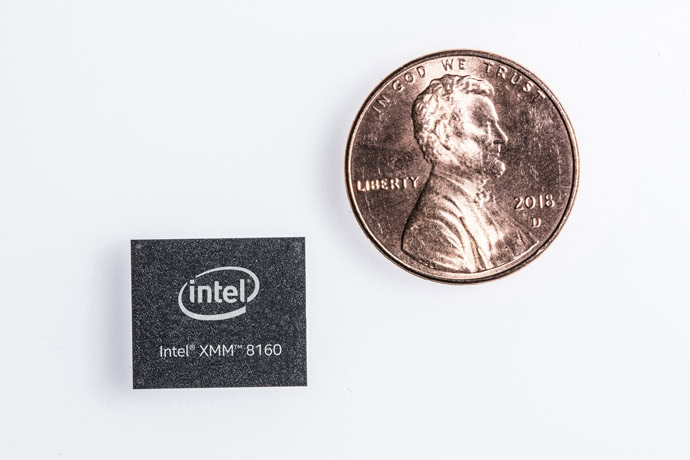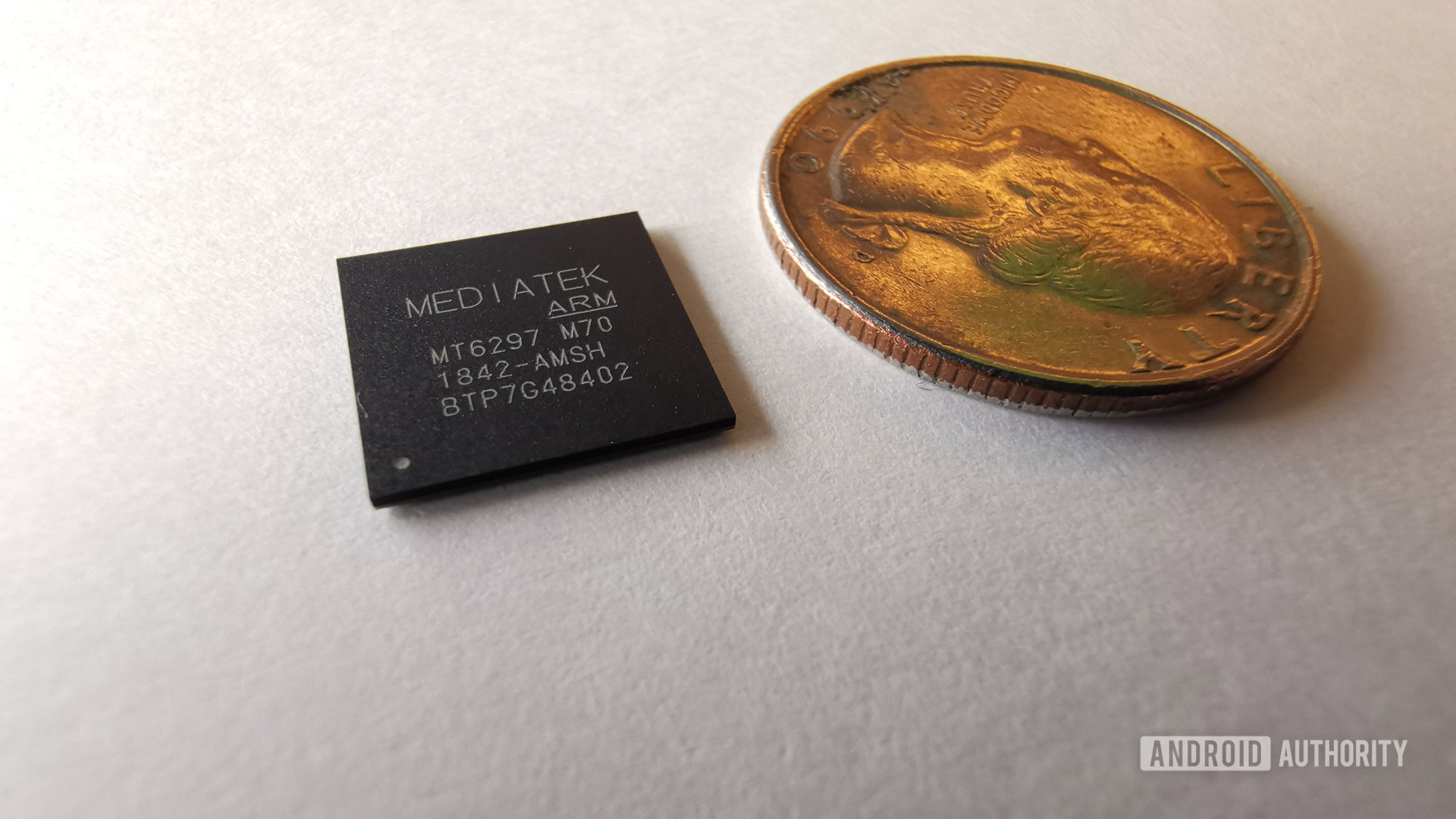Affiliate links on Android Authority may earn us a commission. Learn more.
Intel introduces its 5G modem, pushes launch forward by 6 months

As Qualcomm’s OEM partners start hyping up the release of 5G-enabled smartphones in 2019, Intel is not to be left behind. The company announced the XMM 8160 5G modem which is aimed at bringing high-speed connectivity to smartphones, PCs, and all manner of connected devices. Additionally, Intel announced its plans to push forward the launch of its XMM 8160 5G modem by six months. The company now expects devices based on the multimode chipset to start shipping in the first half of 2020.

The XMM 8160 is a multimode modem that includes support for standalone and non-standalone modes, 5G New Radio technology in addition to 4G, 3G, and 2G radios within a single chip. This capability is particularly important to enable a smaller, more power-efficient solution that is also backwards compliant with legacy networks. Intel claims to have achieved peak download speeds of 6Gbps, though we’d venture a guess that efficient bandwidth utilization will be of greater concern than outright higher speed access.
A wider goal for 5G is to bring wireless connectivity to the Internet of Things. The standard aims to achieve 1ms latency over wireless networks bringing in very interesting use cases like live vehicular telemetry.
Intel bringing up its launch is particularly interesting in light of recent developments announced by OEMs like vivo. The company recently demoed a variant of the vivo Nex S that is 5G compatible and has a Qualcomm X50 modem onboard. With both Intel and Qualcomm building out hardware that supports the millimetre wave spectrum, users can look forward to experiencing faster download speeds and much lower latency over the next few years.